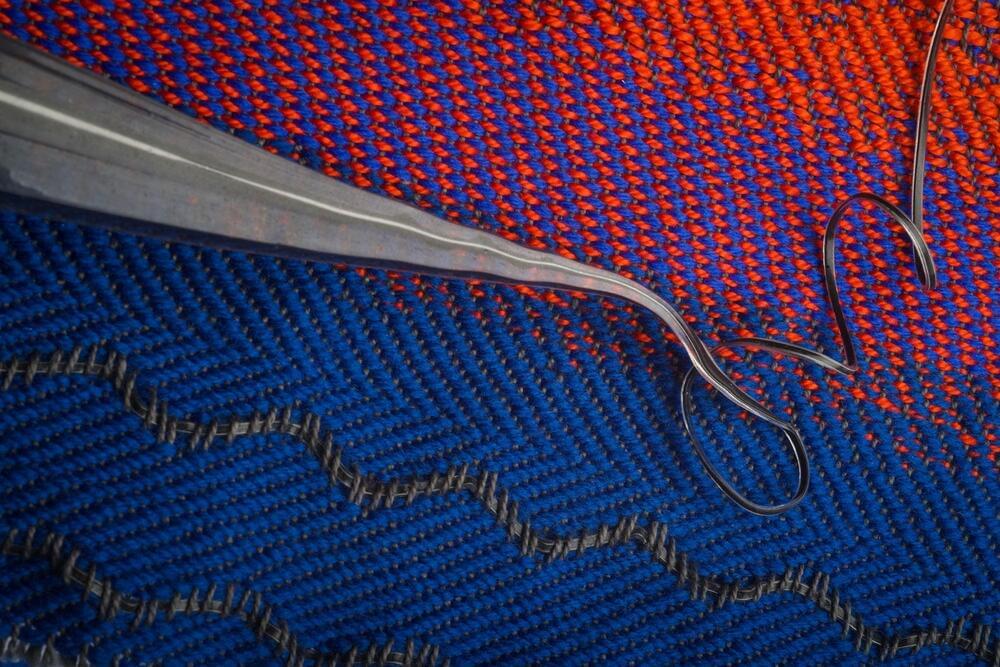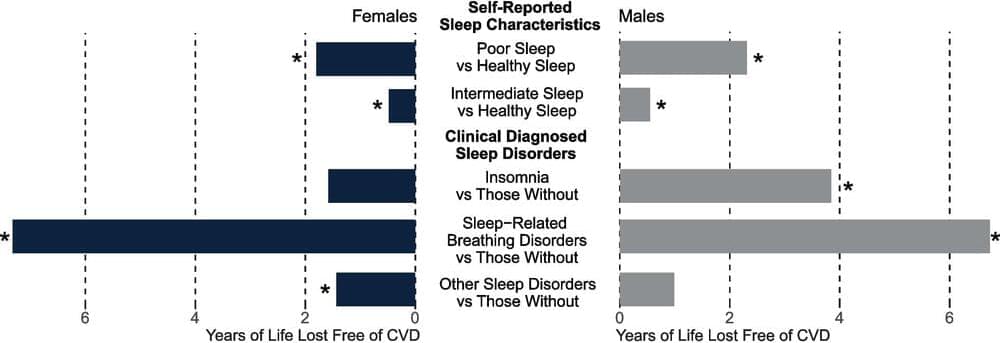Rational Virology Research For Human Health & Pandemic Prevention — Dr. Felicia Goodrum Sterling, Ph.D. Professor, Department of Immunobiology, The University of Arizona.
Dr. Felicia Goodrum, Ph.D. (https://profiles.arizona.edu/person/fgoodrum) is Interim Associate Department Head and Professor of Immunobiology, as well as Professor, BIO5 Institute, Cellular and Molecular Medicine, Molecular and Cellular Biology, Cancer Biology And Genetics Graduate Interdisciplinary Programs, at the University of Arizona.
Dr. Goodrum earned her Ph.D. from Wake Forest University School of Medicine studying cell cycle restrictions to adenovirus replication and then trained as a postdoctoral fellow at Princeton University in the laboratory of Dr. Thomas Shenk studying human cytomegalovirus latency.
Dr. Goodrum joined the faculty at the University of Arizona in 2006, and her long-standing research focus is to understand the molecular virus-host interactions important to human cytomegalovirus (CMV) latency and persistence in the host. She has focused on identifying viral and host determinants mediating the switch between latent and replicative states. The goal of her research program is to define the mechanistic underpinnings of HCMV latency and reactivation to lay the foundation for clinical interventions to control CMV disease in all settings.
Dr. Goodrum is the recipient of the Howard Temin Award from the National Cancer Institute, the Pew Scholar in Biomedical Sciences Award, and the Presidential Award for Early Career Scientists and Engineers.




